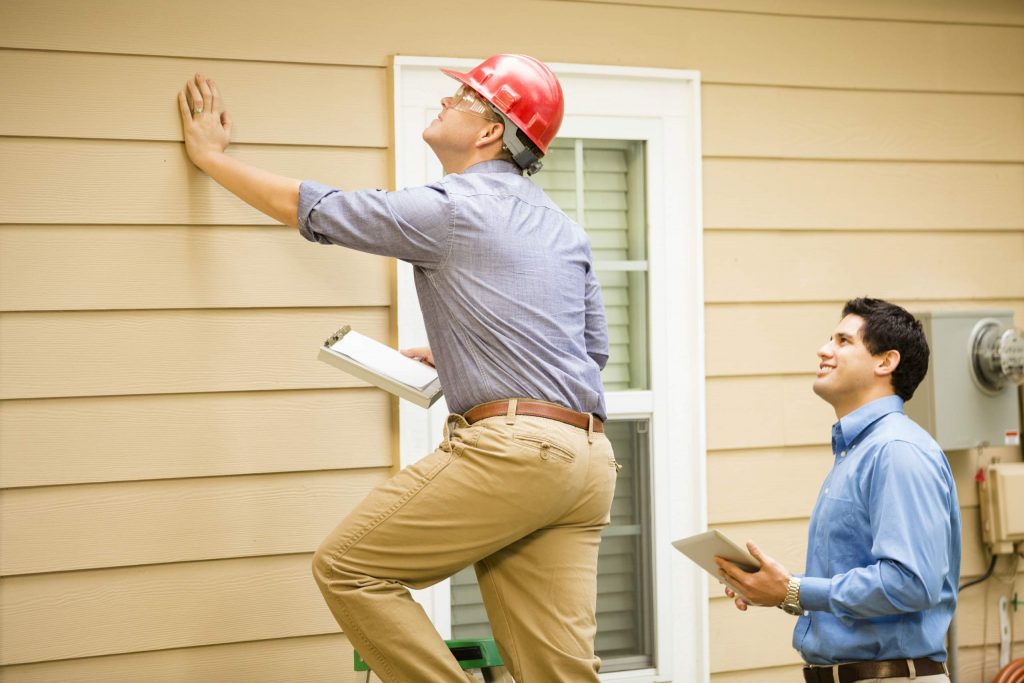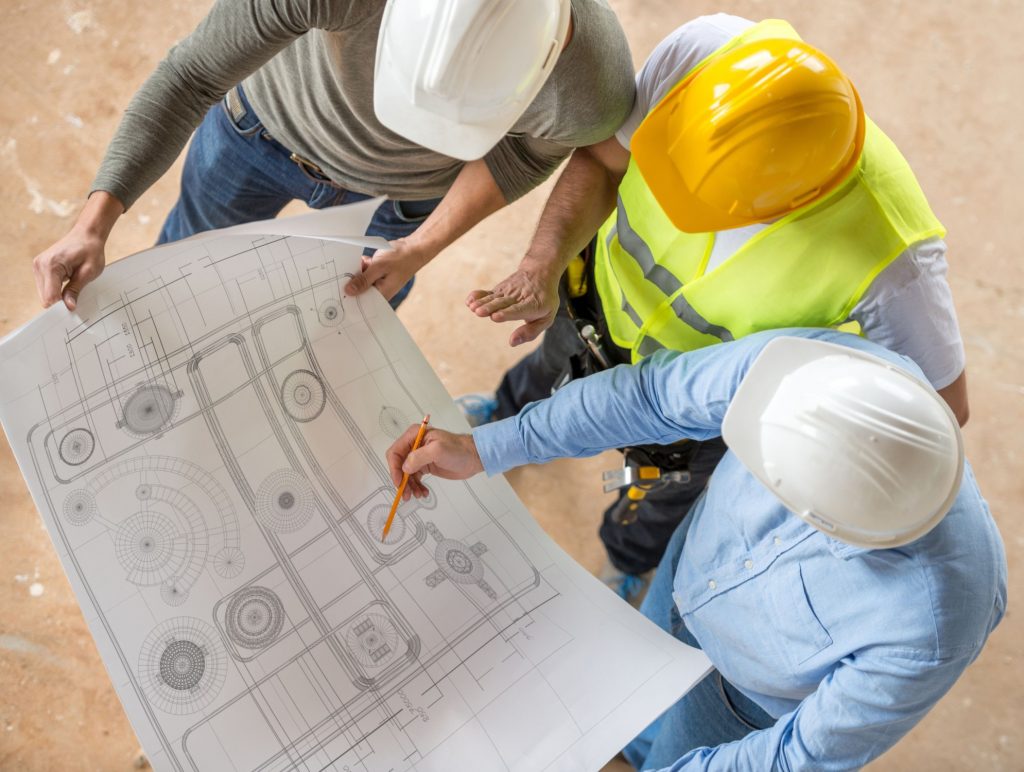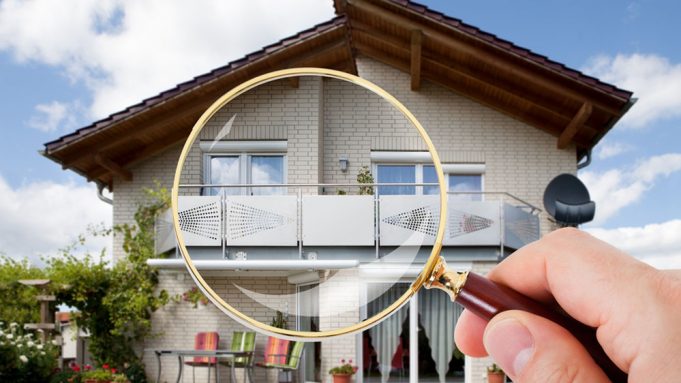Building inspections are meant to inform clients about the objective condition of a property and identify any defects, safety issues, or other problems discovered at the time of inspection. You will be provided with a building inspection report that will offer detailed information about all visual damage that was detected, recommendations and advice about major problems that need to be fixed or how they will affect the property in the future, along with a list of items that might need further inspection.
Requesting a building inspection should be a priority, especially if one is considering to buy a property. Acquiring a pre-purchase inspection report will notify you in advance about any problems the property has, give you a chance to further negotiate the price, and help you decide whether the building is worth buying in the first place. So let’s take a look at some of the things you should know about the building inspection business.
Who carries out the inspections?

A home inspector is a certified professional who is specifically trained on how to detect any defects, damages, and problems. They know how to notice even the slightest of faults, ones that can easily be missed by an untrained eye. The home inspection sector includes both sole-operators and companies, but no matter who you hire, you should make sure that they are certified, reliable, and have enough knowledge to do a proper job.
What is the process?
Once one finds the right inspector and signs a contract, the professional will set up a time and date. On the day, they will explain the process and begin the inspection which may last 2 to 4 hours under normal circumstances. The inspector will look at a variety of areas and might even explain the findings to their client along the way or offer tips for operating and maintaining the home.
Once the inspection is done, the consultant will review their findings with the client and deliver a written report on site or write it in their office based on their field notes. In the latter case, the report is usually delivered within 24 hours. You can visit house-inspections.com to read more about this.
What do building inspections cover?

Every property is different, so what is checked in the process might vary slightly. However, there are certain components most qualified inspectors will always inspect, such as the foundation, basement, attic, any visible insulation, and additional structural parts. Interior plumbing, electrical, heating, and cooling systems are included. Also, checking the condition of windows, floors, walls, ceilings, doors, and door frames is a must.
What is not covered by the inspection?
A single inspection cannot cover every single house component and it is something you should keep in mind. There are limits to what an inspector will check, so you might consider hiring another professional when it comes to areas inside the walls, the roof, chimney, sheds, and other structures that are separate from the main building.
Although house inspections might seem like a daunting task, they are necessary for providing information on the overall condition of your potential purchase. They can be immensely helpful in your decision-making process and will ensure that you are aware of everything that is wrong and needs fixing. After reading through the inspection report, you will know whether it is a good idea to buy the property or if it is simply better to walk away, and can protect you from making a bad investment.









